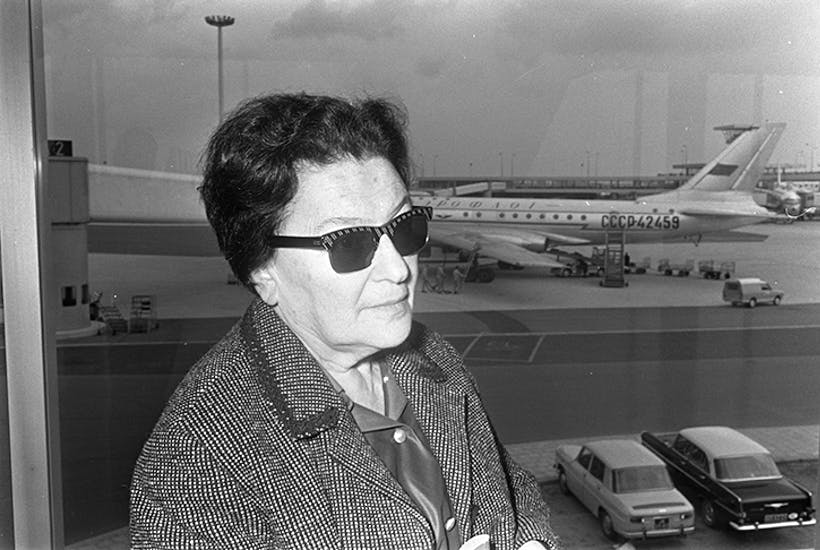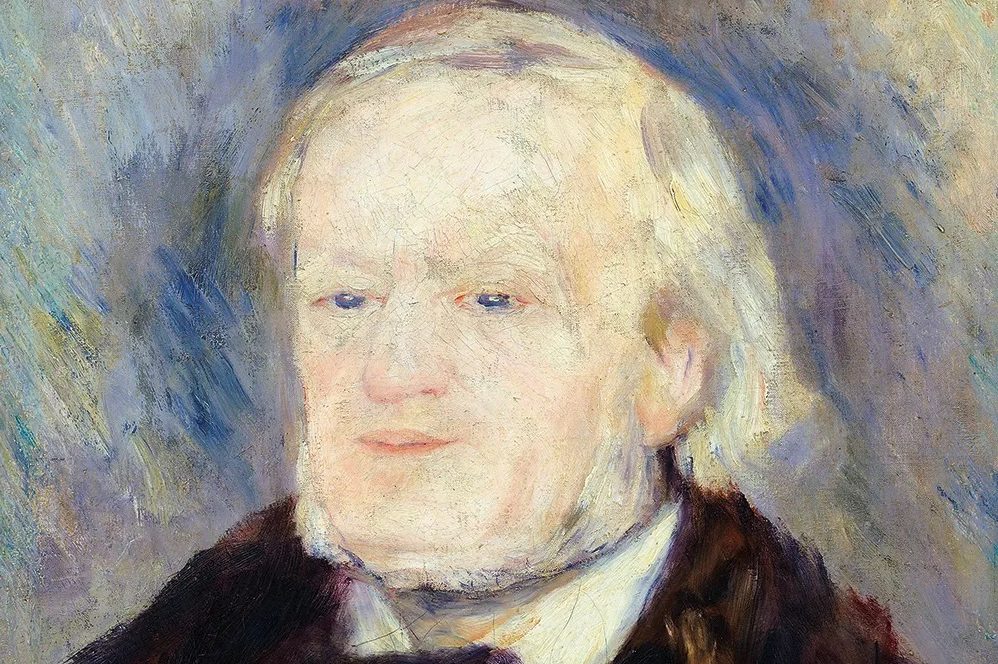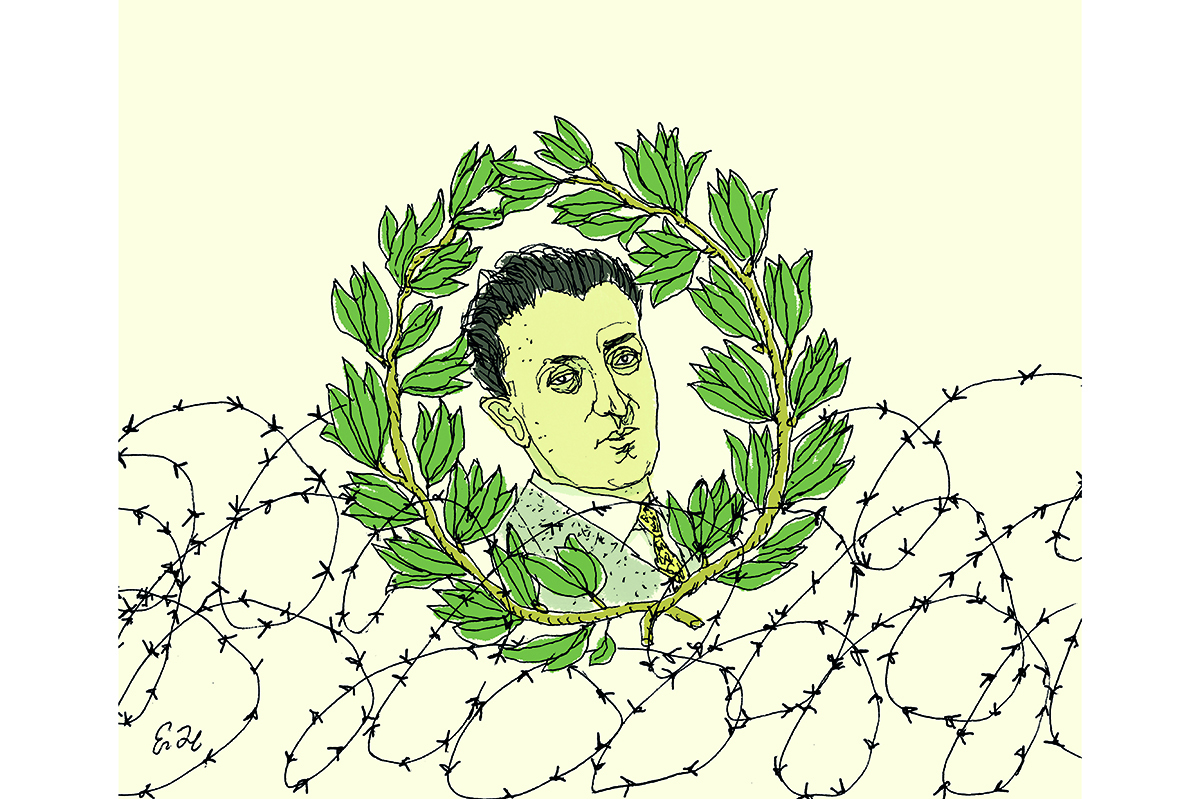This article is in
The Spectator’s December 2019 US edition. Subscribe here.
Only a handful of women have recorded complete cycles of the Beethoven piano sonatas. I’m aware of just eight (though no doubt there are more). They are Annie Fischer, Maria Grinberg, Mari Kodama, H.J. Lim, Tatiana Nikolayeva, Anne Øland, Idil Biret and Mélodie Zhao.
Of these, only the one by ‘Ashtray Annie’ Fischer, the chain-smoking Hungarian poet of the piano, has acquired anything like classic status; Nikolayeva, the legendary Soviet pianist for whom Shostakovich wrote his 24 Preludes and Fugues, recorded them far too late in her career. I’ve heard the recent Beethoven cycles by Kodama and Lim, and I don’t think any great injustice has been done: they’re respectively too smooth and too zany. But a serious injustice has been done to Maria Grinberg (1908–78), whose recordings remain just where the Soviet authorities wanted them: in obscurity. That is shameful — and not because she was the first woman and the first Russian to record all the sonatas. (In those days Jews from Odessa in Ukraine counted as Russians.) This is an unforgettable cycle. Unforgettable, that is, in the unlikely event that you’ve heard it.
Grinberg’s insights linger in the mind even if you don’t particularly like what she’s doing. In the finale of the Moonlight, the chords at the top of the arpeggios would drown out a tractor factory. But elsewhere in the movement the treble melts away to reveal the ingenuity below the stave.
That’s a Grinberg hallmark. She balances voices to shift the listener’s perspective. I kept hearing dotted rhythms and crossed hands that I’d failed to pick up in other performances. The lower octaves ring out with unusual clarity. Perhaps that’s something to do with the fact that, as a young woman, Grinberg lost her state-funded job as a pianist and worked as an orchestral timpanist.
No one has communicated better the polyphonic sweetness of late Beethoven. Listen to the mini-motet that precedes the final storm in the fugue of the Hammerklavier. Grinberg plays it with glowing serenity; for a moment we could be in the Sistine Chapel.
Why is she forgotten? Her problem wasn’t just that she was Jewish but that she was the wrong sort of Jew. Her father and husband had been executed by Stalin as enemies of the state. The shadow never lifted.
Admittedly, there wasn’t really any right sort of Jew in the Soviet Union. If Jews had to be anything, the authorities were reasonably happy for them to be musicians. Like the Nazis, the Soviets used top-flight orchestras as tools of propaganda. Unlike them, they couldn’t maintain standards of performance without Jews. Nearly half the country’s professional musicians were Jewish, as were an even higher proportion of virtuoso soloists, including the violinists David Oistrakh and Leonid Kogan, the pianists Emil Gilels and Lazar Berman and the cellist Daniil Shafran. When they traveled abroad they were watched by the KGB. Apart, perhaps, from Kogan who, as Norman Lebrecht revealed in the UK Spectator, was a Soviet spook and kept tabs on his brother-in-law Gilels.
The Kremlin could never forget it had lost Vladimir Horowitz and Jascha Heifetz, Russian Jews who dazzled from the United States. When Berman’s international career was at its height, he was suddenly banished to the provinces (he defected anyway). Even the mighty Gilels was kept at home if the Soviet Union was sulking about what it always called ‘Israeli aggression’.
The Soviets expected every other ethnic group to parade its musical heritage, but Jews did so at their peril. No klezmer encores, please, and no Hebrew melodies. The non-Jewish Shostakovich was playing with fire when he ignored Russian folk traditions and returned obsessively to Jewish ones.
This ridiculous cat-and-mouse game was played at every level, though with varying degrees of cruelty. Sometimes the logic was hard to follow, and especially so in the case of Grinberg. Her historic Beethoven LPs were produced by the state label Melodiya, yet when they appeared in 1970 the Soviet press wrote not a word about them. Toward the end of her life she was allowed to give a couple of concerts in the Netherlands, but that was it. When she died, aged 69, the authorities couldn’t decide whether she should be honored or ignored. They settled for a mixture of both.
Perhaps her mistake was failing to criticize Israel, which several celebrated Jewish musicians were arm-twisted into doing. On the contrary: in 1967, when ‘aggressive’ Israel humiliated its Soviet-allied neighbors, Maria Israelyevna Grinberg took to introducing herself as ‘Maria Aggressorovna’.
Not until 2012 did Melodiya get round to issuing Grinberg’s Beethoven sonatas as a CD box set. It has already disappeared from Amazon. Some things don’t change. Fortunately they have found their way to Spotify, and many other recordings — including an exultant Brahms’s First Piano Concerto — have surfaced on YouTube. Is it too much to hope that the internet will finally lift her out of the shadows?
This article is in The Spectator’s December 2019 US edition. Subscribe here.


























